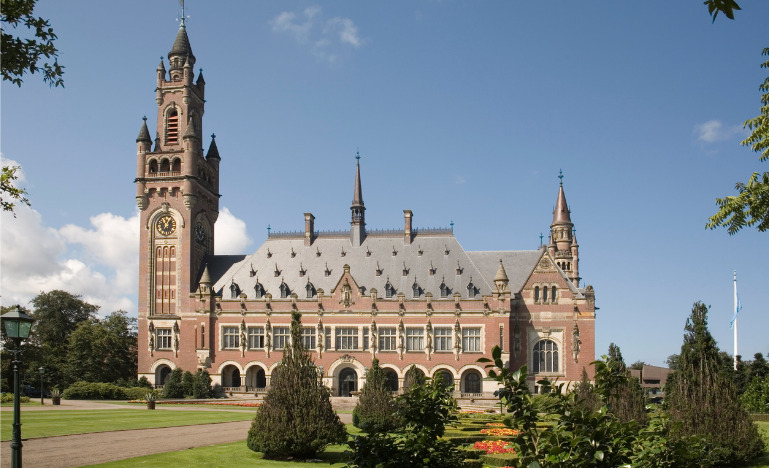Legal assistance in international courts
We need to give more consideration to aiding state access to international courts and tribunals.

Much like its domestic equivalent, international litigation is not cheap. Legal representation, expert evidence, and administrative expenses all come at a steep price, costing states significant amounts before a verdict is even rendered. At the International Court of Justice (ICJ), where states must generally assume their own costs, litigating a case can easily reach millions of dollars. Dispute settlement before the International Centre for Settlement of Investment Disputes is also notoriously expensive, with parties expected to shell out not only millions for monetary awards but also significant amounts for the arbitration process itself.
To lighten the financial burden on indigent states, many international dispute settlement bodies have set up legal assistance funds. A prime example of this is the ICJ’s legal aid scheme, developed in 1989 to financially assist developing states in litigation before the Court. The fund, financed through voluntary contributions from states and other entities, is available to all states provided that there are no outstanding issues concerning jurisdiction or admissibility of the underlying application. Financial assistance funds have also been set up by other dispute settlement bodies, including the Permanent Court of Arbitration and the International Tribunal for the Law of the Sea.
On paper, these legal assistance funds ought to help. In practice, however, they depend heavily on voluntary contributions which undoubtedly fall low on the priority list for most states. Their practical utility leaves much to be desired. Available funds in the ICJ scheme, for example, generally amount to less than three million dollars and contributions have been disappointingly sporadic. In 2011, the last year for which official statistics are available, only two countries (Italy and Finland) contributed to the fund for a total amount of just under $40,000.
The challenges for would-be litigants are not just financial. Even if countries manage to come up with the money to bring an international legal challenge, there are other hurdles on the road to dispute settlement. While legal systems around the world generally function on the basis that all participants are equal, the political reality is that some states are more powerful than others. Many countries find themselves heavily dependent on their more dominant neighbours for financial assistance or military protection. An aggrieved state thinking about commencing international litigation, therefore, must consider the potential political ramifications of bringing a case are worth a successful legal outcome.
Access to justice – the right of all actors in a legal system to equal participation – is one of the foundational pillars of the rule of law. But it also has practical benefits. In the international context, it provides states with a non-violent mechanism to resolve disputes, clarify borders, and address long-standing grievances. It also improves the quality and consistency of international law. When more states can access international courts and arbitrators easily, adjudicators have more opportunities to flesh out legal concepts and weigh in on obligations and rights. The international community must therefore give serious attention to the lack of access to the international legal system, and the reasons behind it.


